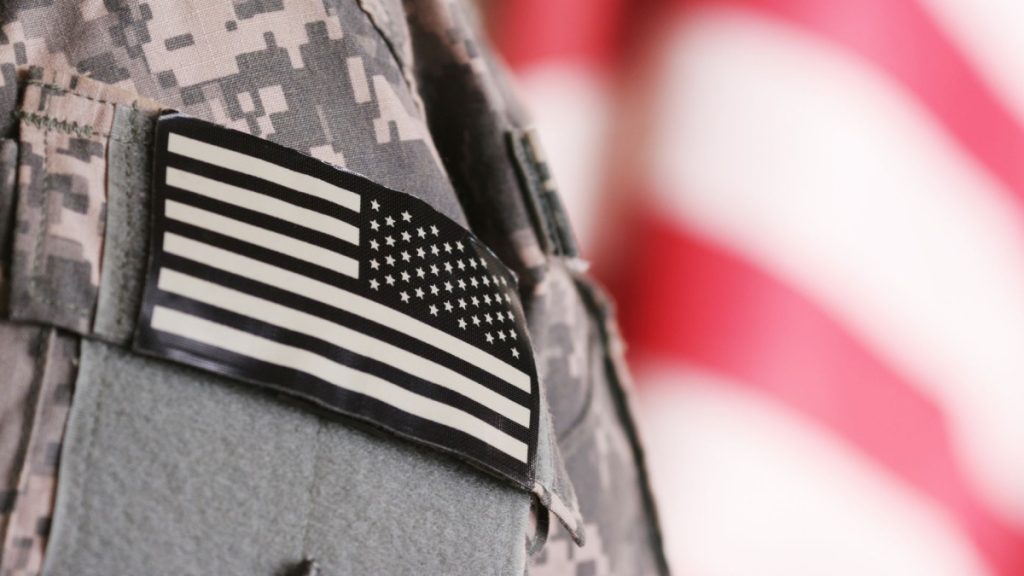The brave women and men serving in the US armed forces play an important role in protecting citizens’ freedom. Without the military, other countries could take advantage of our nation’s freedoms and resources. The DVA (Department of Veterans Affairs) and the DoD (Department of Defense) play a crucial role in supporting veterans while they transition from service. Regardless of their efforts, organizations face constraints which affect their capability to help veteran initiatives. In order to address this shortfall, it is important to help raise funds to support the cause. To help you choose the right veteran charity, here are some tips to look at:
1. Research.
When researching, check the websites of several charities for information regarding what they do, a list of the BoD, and their current financial reports. If the website doesn’t have these details, then they aren’t being very transparent with the community. One of the documents you need to look for is IRS Form 990, which many charities need to file every year with the US federal government. This form has many details about the amount of money veteran non profit organizations raise, how they spend it, and how much they pay top workers. You may find this form at a charity information website.
2. Look at the Ratings.
It is important to check ratings with watchdog organizations, such as Great Nonprofits, Guide Star, and Charity Navigator. These organizations help to grade organizations depending on factors like fundraising efficiency, transparency, and financial accountability. Higher ratings from one of or several of these organizations show that the charity works according to the stated values as well as goals.
3. Check the Mission of the Organization.
When looking at potential military charities, like Wounded Warriors Family Support, you need to first look at the mission of the organization. Ask yourself these questions. What does the organization hope to achieve? Do the organization’s goals align with your own values? For instance, if your goal is to provide educational opportunities for caregivers in support communities, you might want to look for a charity with those needs.
4. Ask about the Donor Privacy Policies.
When making a charitable donation, you will be giving away both personal details and money. What an organization will do with your details will be part of the picture and the way they deal with the data varies widely. Consider how an organization handles donor data. A good organization should do a good job of protecting donors’ privacy. If a charity doesn’t state its policy for privacy on its site, take more time to inquire about it.
5. Determine What You Want to Achieve.
Before you determine a good charity for veterans, consider evaluating what you want to achieve. Do you want assistance or do you want to provide help, donate, or volunteer in a kind of way? In addition, ask yourself these questions – Are there specific branches of the military which you prefer? Which specific criterion do you have in mind? These questions will help you determine what you want to achieve.
6. Consider the Impact.
Consider the kind of impact your donation is going to make. Some small charities will make their funds go further than bigger ones with a significant overhead cost. Think of how your contribution will apply, as well as its effects on the charity. Most individuals find it more rewarding to donate to charities they often connect with, like service branches they once served in.
In conclusion, non-profit charities transform the lives of people who require the support of others, making it important for those who are in need. Most military families and veterans depend on non-profit charities that rely on other people’s donations. But when donating to support service members and veterans, it would be best to look for the most reliable and responsible charity.




